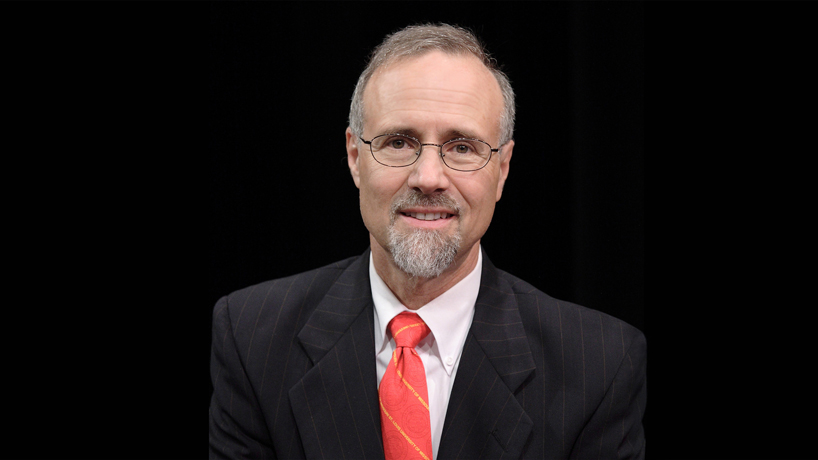For many, Ferguson is no longer a place. It’s now a symbol that elicits a broad spectrum of issues of global proportion.
You’ll hear the word “Ferguson” come up in a wide variety of discussions, whether the topic is racism, poverty, social justice, politics, educational attainment, free speech, red-light cameras, police tactics or the judicial system in general. This occurs not only in St. Louis but across our continent and overseas. I was at a conference this week at Syracuse University where this came up from a scholar from Newark, N.J.
Many of these discussions have started at UMSL where we’re working with others to seek positive change.
There have been campus forums, media interviews and nationally broadcast town hall meetings from the Blanche M. Touhill Performing Arts Center and St. Louis Public Radio. Missouri Attorney General Chris Koster held the first of two statewide panels at UMSL to discuss solutions to the challenge of low minority participation in Missouri’s urban law enforcement agencies. Among the panelists was UMSL criminologist Dan Isom, currently serving as head of the Missouri Department of Public Safety.
Bringing together diverse people and considering varied views is fundamental to progress. So is action.
Last week, Missouri Gov. Jay Nixon announced he is directing $500,000 to UMSL to expand access to math and science tutoring and enrichment programs to students from low-income families in St. Louis. The in-school and after-school tutoring services will be provided by North Campus, an organization founded to provide targeted, intensive educational supports to help lift students and their families out of poverty. UMSL’s College of Education will provide financial oversight and assessment. I am delighted that the governor has again shown his confidence in UMSL to lead regional betterment programs.
UMSL also has been meeting with business leaders and officials from St. Louis Regional Chamber, Regional Business Council, North County Inc. and the Economic Development Partnership. Stemming from those conversations is a bold initiative directed and funded by Emerson. The $4.4 million, multi-faceted “Ferguson Forward” plan outlined late last month by CEO David Farr will broaden the opportunities residents of Ferguson and nearby communities have for employment and education. Calling UMSL “a crucial partner,” Farr said the initiative included $1.5 million to establish the “Emerson Community Scholarship Program” on our campus.
Beginning next fall, graduates of Ferguson-Florissant, Normandy, Jennings, Hazelwood, Riverview Gardens and Ritenour school districts will be eligible to apply for one of up to 60 annual UMSL scholarships ranging from $2,000 to $5,000 each. To further ensure success, the program also provides recipients with peer mentors, tutors and other retention services. I cannot overstate the high regard I have for David Farr and his colleagues at Emerson. Investing in people. Investing in communities. They get it!
Speaking of getting it, UMSL graduate student Jason Vasser first came to my attention in a St. Louis Post-Dispatch article about poetry being an early artistic response to trauma. Vasser’s depictions of Ferguson – particularly his poem “At Cork” – resonate with many of us familiar with Ferguson. Cork is among the Ferguson spots I continue to regularly visit.
Over the coming weeks, there will continue to be necessary and important conversations that mention Ferguson in the abstract. What have we learned from Ferguson? Is this another Ferguson? What can we do to prevent another Ferguson?
For me, Ferguson is not abstract. It remains a place with great people where a young man lost his life under circumstances yet resolved. These events continue to hold my deepest sympathies and urgent desire for peace and unity. And I want to thank you for your efforts to make things better there and here for today and tomorrow.
Sincerely,
Tom George















